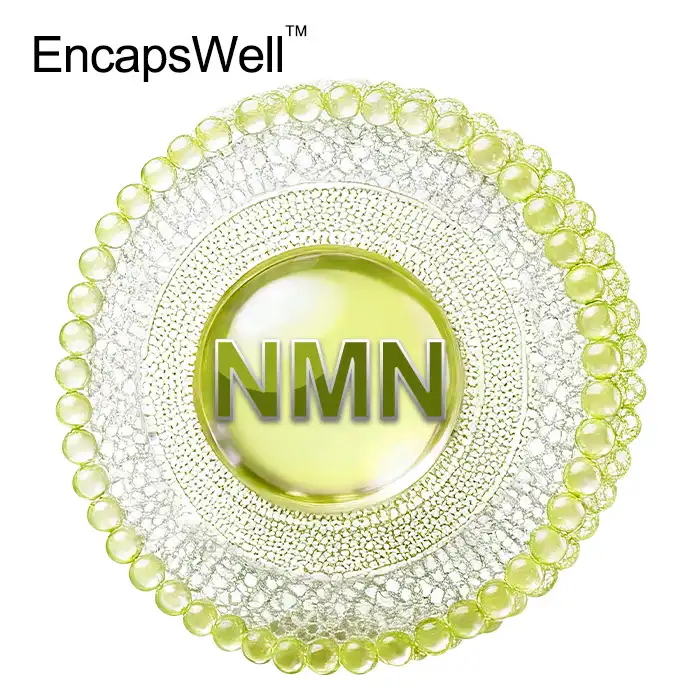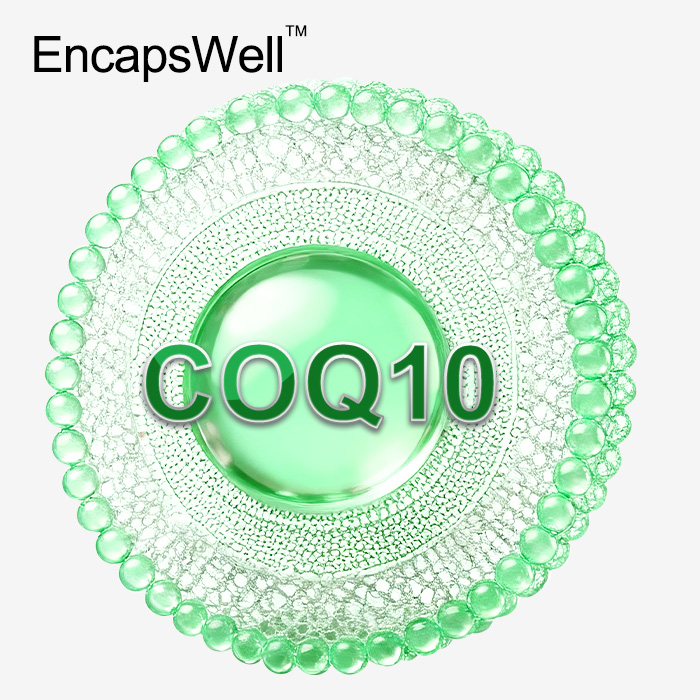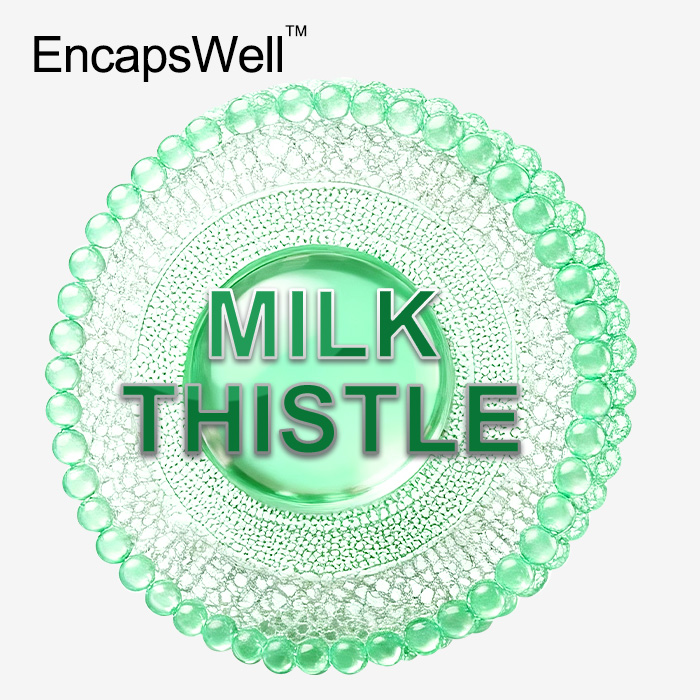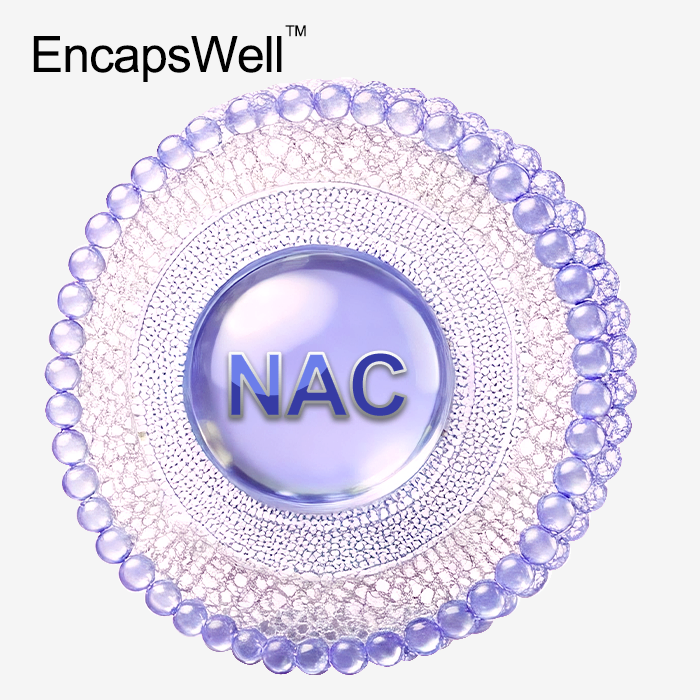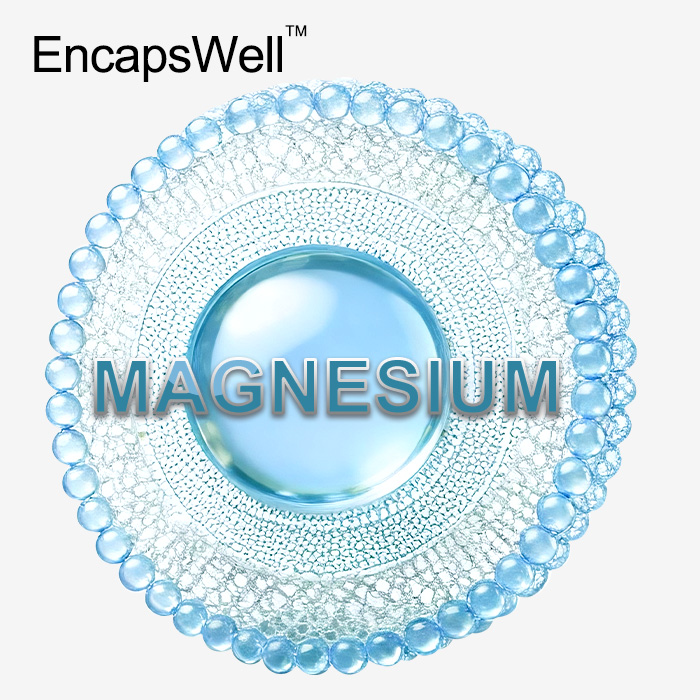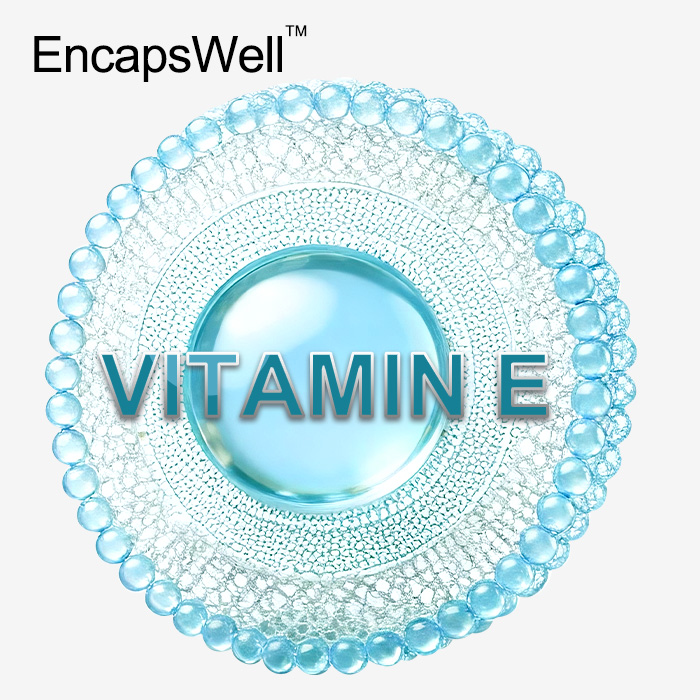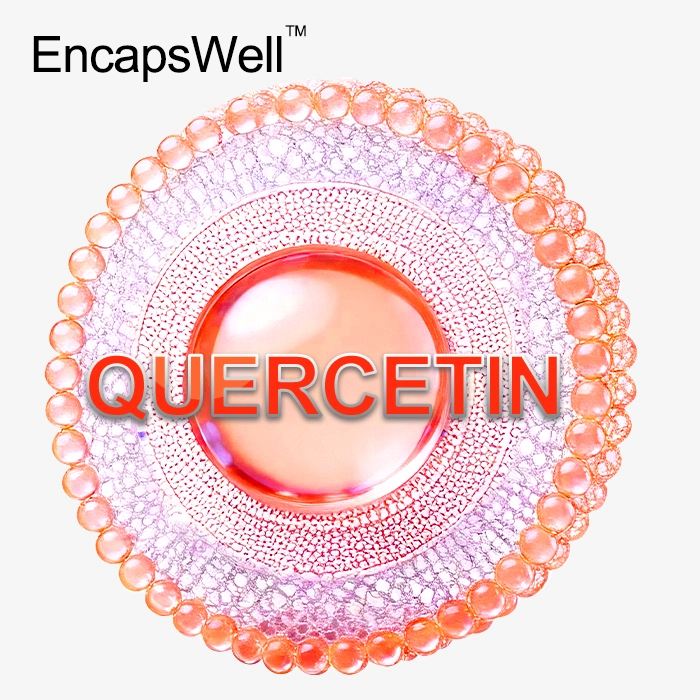Key Biological Functions Supported by Liposomal Glutathione
Antioxidant Defense and Free Radical Neutralization
Liposomal glutathione stands at the forefront of cellular protection as a potent antioxidant. Its unique molecular structure allows it to neutralize a wide array of free radicals, including reactive oxygen species (ROS) and other harmful compounds. By donating electrons to unstable molecules, liposomal glutathione effectively mitigates oxidative damage to cellular components such as DNA, proteins, and lipids. This protective action is crucial in maintaining cellular integrity and preventing the cascade of events that can lead to chronic diseases and accelerated aging.
The liposomal delivery system enhances glutathione's antioxidant capacity by ensuring a higher concentration reaches the cells intact. Traditional oral glutathione supplements often fall short due to degradation in the digestive tract, but liposomal encapsulation shields the molecule, allowing for more efficient absorption and utilization. This improved bioavailability translates to a more robust antioxidant defense system, capable of addressing oxidative stress at its source within cells and tissues throughout the body.
Cellular Detoxification and Metabolic Support
Liposomal glutathione plays a pivotal role in the body's detoxification processes. As a key component of the liver's phase II detoxification pathway, it aids in the elimination of toxins, heavy metals, and other harmful substances. The glutathione molecule acts as a binding agent, forming conjugates with these toxins to facilitate their excretion from the body. This detoxifying action is not limited to the liver; glutathione supports detoxification processes in various organs and tissues, including the lungs, kidneys, and intestines.
Moreover, liposomal glutathione supports critical metabolic functions. It participates in the synthesis and repair of DNA, aids in the formation of proteins, and assists in the transport of amino acids across cell membranes. These processes are fundamental to cellular health and overall metabolic efficiency. By maintaining optimal glutathione levels through liposomal supplementation, individuals can enhance their body's natural detoxification capabilities and support robust metabolic function.
Immune System Modulation and Enhancement
The immune-boosting properties of liposomal glutathione are well-documented and multifaceted. Glutathione plays a crucial role in the proliferation and activity of immune cells, particularly T-lymphocytes. These cells are essential for coordinating immune responses and fighting off pathogens. By maintaining adequate glutathione levels, liposomal supplementation can help fortify the immune system's first line of defense against infections and diseases.
Furthermore, liposomal glutathione exhibits immunomodulatory effects, helping to balance immune responses. This is particularly beneficial in conditions characterized by immune dysfunction, such as autoimmune disorders or chronic inflammatory states. The anti-inflammatory properties of glutathione can help mitigate excessive immune reactions while still supporting the body's ability to combat genuine threats. This dual action of immune enhancement and modulation makes liposomal glutathione a valuable tool in maintaining overall immune health and resilience.
Liposomal Glutathione in Detoxification, Immunity, and Cellular Protection
Liver Health and Detoxification Processes
Liposomal glutathione powder plays a crucial role in supporting liver health and enhancing detoxification processes. The liver, as the body's primary detoxification organ, relies heavily on glutathione to neutralize and eliminate harmful substances. Liposomal delivery ensures that a higher concentration of glutathione reaches the liver cells intact, bolstering its detoxifying capacity.
This enhanced form of glutathione aids in the breakdown of toxins, medications, and environmental pollutants, facilitating their safe removal from the body. By supporting phase II liver detoxification, liposomal glutathione helps prevent the accumulation of harmful compounds that could otherwise lead to liver damage or dysfunction. Regular supplementation with liposomal GSH can contribute to maintaining optimal liver function, particularly in individuals exposed to high levels of toxins or those with compromised liver health.
Immune System Fortification and Response
Liposomal glutathione supplement serves as a powerful ally in strengthening the immune system. It enhances the proliferation and function of lymphocytes, key players in the body's defense against pathogens. The improved bioavailability of liposomal glutathione ensures that immune cells receive an adequate supply of this critical antioxidant, enhancing their ability to respond to threats.
Moreover, liposomal glutathione supports the production of cytokines, signaling molecules that coordinate immune responses. This helps in mounting a more efficient and targeted immune reaction to infections and other challenges. The anti-inflammatory properties of glutathione also help in modulating excessive immune responses, potentially reducing the risk of autoimmune flare-ups and chronic inflammation. For individuals looking to boost their immune resilience, especially during times of stress or increased exposure to pathogens, liposomal glutathione supplementation can be a valuable addition to their wellness routine.
Cellular Protection and Oxidative Stress Reduction
At the cellular level, liposomal glutathione acts as a potent shield against oxidative stress. Its unique molecular structure allows it to neutralize a wide range of free radicals and reactive oxygen species, preventing damage to cellular components such as DNA, proteins, and lipids. This protective action is crucial in maintaining cellular integrity and function across all tissues and organs.
The liposomal delivery system enhances glutathione's ability to penetrate cell membranes, ensuring that it reaches intracellular compartments where it's most needed. This improved cellular uptake translates to more effective protection against oxidative damage, potentially slowing down cellular aging processes and reducing the risk of chronic diseases associated with oxidative stress. By maintaining optimal levels of intracellular glutathione through liposomal supplementation, individuals can provide their cells with a robust defense system against the daily onslaught of oxidative challenges, supporting overall health and longevity.
Scientific Insights into Liposomal Glutathione's Role in Systemic Health
Cardiovascular Health and Endothelial Function
Emerging research highlights the potential benefits of liposomal glutathione in supporting cardiovascular health. Glutathione plays a crucial role in maintaining the health of the endothelium, the inner lining of blood vessels. By neutralizing oxidative stress and supporting nitric oxide production, liposomal glutathione may help improve endothelial function, potentially leading to better blood flow and reduced risk of cardiovascular diseases.
Studies have shown that individuals with cardiovascular conditions often have lower levels of glutathione. Supplementation with liposomal glutathione could help restore these levels, potentially offering protective effects against atherosclerosis and other cardiovascular disorders. The antioxidant properties of glutathione may also help in reducing inflammation within blood vessels, a key factor in the development of heart disease. While more research is needed, the current evidence suggests that liposomal glutathione could be a valuable component in strategies aimed at maintaining cardiovascular health.
Neurological Health and Cognitive Function
The brain, being particularly vulnerable to oxidative stress, can greatly benefit from the antioxidant properties of liposomal GSH. Research indicates that maintaining adequate GSH levels may play a role in protecting against neurodegenerative diseases such as Alzheimer's and Parkinson's. Liposomal GSH's ability to cross the blood-brain barrier more effectively than traditional forms makes it a promising candidate for supporting brain health.
Studies have also explored the potential of liposomal GSH in improving cognitive function. By reducing oxidative stress in brain cells and supporting mitochondrial function, GSH may help maintain cognitive performance and potentially slow age-related cognitive decline. Some research has even suggested a link between GSH levels and mood disorders, indicating that supplementation could have positive effects on mental health. While more clinical trials are needed to fully understand the extent of liposomal GSH's impact on neurological health, the current evidence is encouraging.

Skin Health and Anti-Aging Effects
Liposomal glutathione has gained attention in the realm of dermatology and anti-aging research. As a powerful antioxidant, it helps protect skin cells from damage caused by UV radiation, pollution, and other environmental stressors. This protection can contribute to maintaining skin elasticity and reducing the appearance of fine lines and wrinkles.
Furthermore, glutathione has been associated with skin brightening effects. It may help in reducing the production of melanin, the pigment responsible for skin color, potentially leading to a more even skin tone. Some studies have explored the use of liposomal glutathione in treating conditions like melasma, with promising results. While topical applications of glutathione are common in skincare, the systemic effects of oral liposomal glutathione supplementation on skin health are an area of growing interest. The improved bioavailability of liposomal formulations may offer enhanced benefits for overall skin health and appearance.
Conclusion
Liposomal glutathione powder represents a significant advancement in antioxidant supplementation, offering enhanced bioavailability and a wide range of health benefits. From supporting detoxification and immune function to protecting against oxidative stress and promoting cellular health, liposomal glutathione powder plays a crucial role in maintaining overall wellness. Its potential impacts on cardiovascular, neurological, and skin health underscore its versatility as a supplement. As research continues to unfold, liposomal glutathione powder stands out as a promising tool for those seeking to optimize their health and combat the effects of aging and environmental stressors. Incorporating liposomal glutathione powder into a comprehensive health strategy may offer substantial benefits for individuals looking to enhance their body's natural defenses and support long-term vitality.
FAQs
1. What is liposomal glutathione powder?
Liposomal glutathione powder is a supplement form of glutathione encapsulated in liposomes, which are tiny fat-soluble bubbles. This encapsulation protects the glutathione from breakdown in the digestive system, enhancing its absorption and bioavailability.
2. How does liposomal glutathione differ from regular glutathione supplements?
Liposomal glutathione offers superior absorption compared to traditional glutathione supplements. The liposomal encapsulation protects the glutathione molecules, allowing them to pass through the digestive system intact and be absorbed more efficiently into the bloodstream.
3. What are the key benefits of taking a liposomal glutathione supplement?
Key benefits include enhanced detoxification, improved immune function, protection against oxidative stress, support for liver health, potential anti-aging effects, and improved overall cellular health.
Experience the Power of Liposomal Glutathione | EmerWell
At EmerWell, we specialize in cutting-edge liposomal supplement formulations, including our premium liposomal glutathione powder. As a leading supplier, manufacturer, and factory, we leverage our proprietary EncapsWell™ technology to deliver superior bioavailability and stability. Our PhD-led R&D team ensures scientific precision in every product. Experience the EmerWell difference in liposomal glutathione supplementation. Contact us at info@emerwell-bio.com to explore our OEM/ODM services and bring your innovative supplement ideas to life.
References
1. Sinha, R., et al. (2018). "Oral supplementation with liposomal glutathione elevates body stores of glutathione and markers of immune function." European Journal of Clinical Nutrition, 72(1), 105-111.
2. Richie, J. P., et al. (2015). "Randomized controlled trial of oral glutathione supplementation on body stores of glutathione." European Journal of Nutrition, 54(2), 251-263.
3. Trivedi, M. S., & Deth, R. C. (2015). "Redox-based epigenetic status in drug addiction: a potential contributor to gene priming and a mechanistic rationale for metabolic intervention." Frontiers in Neuroscience, 8, 444.
4. Sekhar, R. V., et al. (2011). "Deficient synthesis of glutathione underlies oxidative stress in aging and can be corrected by dietary cysteine and glycine supplementation." American Journal of Clinical Nutrition, 94(3), 847-853.
5. Kern, J. K., et al. (2011). "A clinical trial of glutathione supplementation in autism spectrum disorders." Medical Science Monitor, 17(12), CR677-CR682.
6. Honda, Y., et al. (2012). "Efficacy of glutathione for the treatment of nonalcoholic fatty liver disease: an open-label, single-arm, multicenter, pilot study." BMC Gastroenterology, 12, 40.

